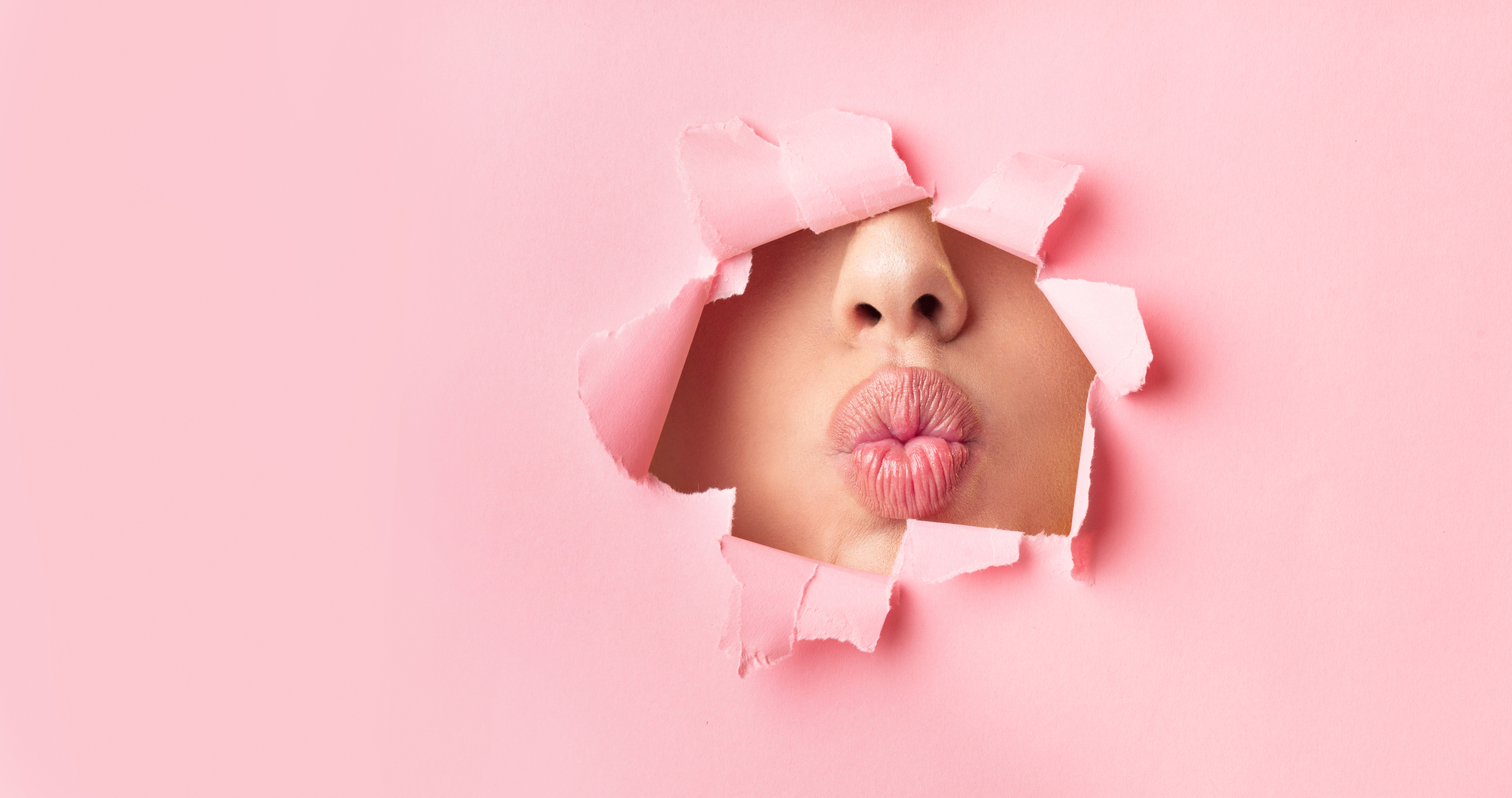Kissing is a universal expression of love and affection, but have you ever wondered if it could also be a potential culprit in spreading cavities? Our Mission, BC, dentist is here to explain.
Do you have an oral health query or quandary for which you want answers? Contact Dr. Amol Shergill at Wren Street Dental. Our Mission, BC, dentist welcomes all of your questions and concerns, no matter how big or small! So, go ahead – give us a call at (604) 820-8702 to learn more about your smile.
The idea that kissing might contribute to the transmission of cavities has been a longstanding concern for many. In this blog post, our Mission, BC, dentist explores the truth behind this notion, separating fact from fiction.
The Basics of Cavities
Before delving into the possibility of cavity transmission through kissing, it’s crucial to understand the basics of cavities.
Cavities can go by many names, including dental caries or tooth decay. But no matter what you call them, they are caused by oral bacteria feasting on sugar and excreting an enamel-destroying byproduct. This results in tiny holes in teeth, which can turn into large cavities if unaddressed.
The Role of Saliva
Saliva plays a crucial role in our oral health and function. Indeed, saliva helps:
- Neutralize acids
- Remineralize enamel
- Wash away food particles and bacteria
Healthy saliva composition is essential for maintaining a balanced oral environment. However, factors like poor oral hygiene or excessive sugar intake can easily disrupt this delicate balance, resulting in an increased risk of cavities.
The Truth About Kissing and Cavities
While it’s true that saliva is involved in the transmission of bacteria, the likelihood of spreading cavities through kissing is minimal. In fact, one study indicates that couples would have to kiss intimately up to nine times a day to make any meaningful impact on their oral microbiomes.
Nevertheless, kissing can still spread harmful bacteria that may lead to cavities. This means that kissing someone with harmful strains of oral bacteria (like streptococcus mutans) could lead to unexpected microbial growth and dental decay.
Factors Affecting Cavity Transmission
Several factors influence the likelihood of transmitting cavities through kissing, such as:
Oral Hygiene
Individuals with good oral hygiene practices (like twice-daily brushing and regular flossing), are less likely to have high levels of cavity-causing bacteria in their mouths.
Diet
A diet rich in sugars and carbohydrates can contribute to the growth of cavity-causing bacteria. Individuals with a balanced diet are less likely to transmit harmful bacteria through saliva.
Saliva Composition
The composition of saliva varies among individuals greatly. Some people naturally have a lower risk of cavity development due to their saliva’s protective properties, while others may not have that same natural protection.
Immune System
The strength of the immune system also plays a role in resisting and fighting off cavity-causing bacteria. A robust immune system can help prevent the spread of harmful bacteria through kissing.
Learn More About Your Smile – Contact Our Mission, BC, Dentist Today
While the transmission of cavities through kissing is possible, it is unlikely to be a significant concern for individuals with good oral hygiene practices and a balanced lifestyle. So, go ahead – give your sweetheart a smooch!
Want more information about your oral health? Contact Wren Street Dental online or contact Dr. Shergill at (604) 820-8702.



